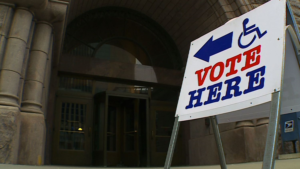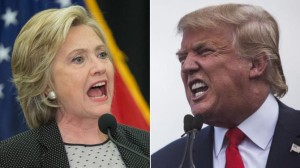It’s official … finally!
The Electoral College voted today and put Donald J. Trump on track to become the next president of the United States.
I’ll offer the perfunctory congratulations to the president-elect.
Now, though, I want to make a request of him: I want him to start sounding and acting like the future head of state of the greatest nation on Earth.
There’s a certain form of irony in what we’ve witnessed from the president-elect. He says certain things about the state of our great nation. He vows to “make America great again”; he has ridiculed our military, our intelligence network, our political leadership, Congress, certain members of his own political party and certainly the Democratic Party leadership.
With all of that rhetoric coming forth from the president-elect, what have we seen him do at those “thank you tour” rallies? He’s exhibited much of the buffoonery he displayed throughout his campaign. A protester was hauled out one rally and Trump said from the podium, “Get him outta here.”
We’ve heard zero high-minded rhetoric from the next president as he has toured the country. Yet … he vowed to sound more “presidential” as he prepares to take office.
It has happened. There’s no sign it will happen.
Trump has been elected officially, though. The electors put him over the top.
So, let’s start hearing something of substance from the new guy. How about talking to the entire nation, Mr. President-elect, not just to those who voted for you?
He vowed to be “president for all Americans.” It’s time he started at least sounding as if he means it.




